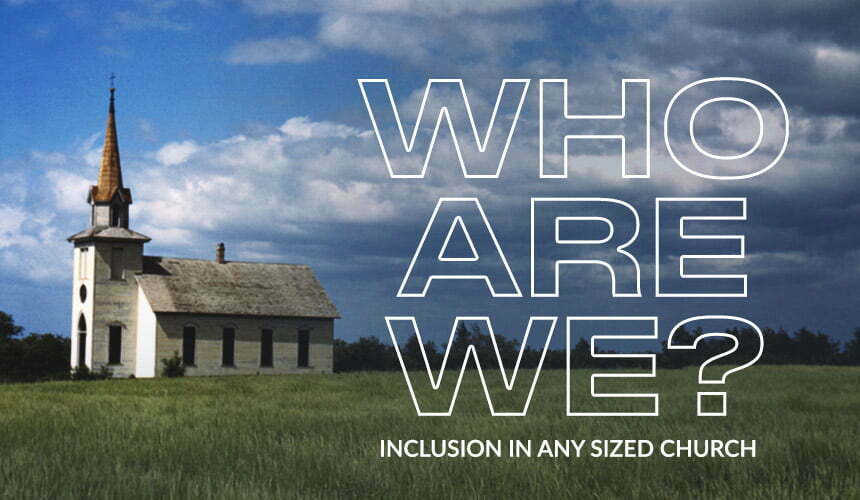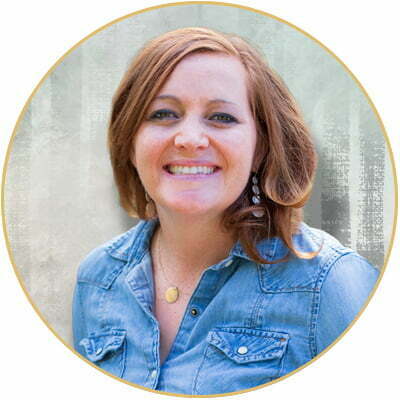

“Bronwyn…wait…” I momentarily snapped out of my inner chaos and turned around. “Hey, how are you feeling about all of this?”. I looked at the rain that began to fall all around us and rolled up my child’s freshly printed assessment results in my hands over and over. “If you ever want to meet and talk about it sometime, let me know…”. I wanted to respond, “Oh, I’m fine, don’t worry about me”. However, I was not fine. Instead, I just managed to speak a single word: “thanks…”
This conversation took place two days before Christmas several years ago between myself and my child’s preschool director directly after experiencing my very first IEP as a parent. I was a little bit surprised but exceptionally grateful, that the preschool director eagerly attended the IEP, to begin with. What stood out most was the sincerity and authenticity in the words of encouragement extended to me that December day. It occurred to me that day that our school did not have to support us out of duty, but rather they chose to support us out of love. When churches choose to serve out of genuine love, we are better able to orient our eyes to the margins of our world and our hearts to the transformative work of Jesus in our midst. The encouraging news is that to accomplish this, all we have to be is who we are! We can live out the mission to love and serve (and love and serve alongside) individuals and families impacted by disability in our congregations and communities by examining the DNA of our church and discovering how He has uniquely created us and equipped us to minister to and with others.
Oftentimes, when we are hoping to start a disability ministry–or any ministry–it is so easy to focus on what we are not. We are not a megachurch. We are not operating on a large budget. We are not in a permanent facility. We are not trained to support individuals with disabilities. We are not aware of anyone with disabilities in our congregation. Focusing on what we are not can thwart our initially well-intentioned efforts to take divinely inspired risks. What if, instead of asking “What aren’t we?”, we asked, “Who are we?” In the case of our preschool, I discovered this mission statement, describing the school as a community that:
…aspires to affirm, support and celebrate children as they discover and become all that God has created them to be..
My post IEP conversation with the preschool director reflected this mission perfectly. They knew exactly who God had created them to be and was deeply committed to living this out. Even in a cold, rainy parking lot with a mom who had just emotionally boarded the Hot Mess Express.
The Disciples called by Jesus were not called to follow Jesus out of careers that were held in particularly high esteem by those in their communities. They were fishermen. They were tax collectors. They were tradesmen. There are a lot of things the disciples were not. Certainly, by most social measures, they were not the most esteemed bunch. But they were called by God to partner in ministry and carry the message of the resurrected Jesus to the early Church. Their love for Jesus and for their ministry shone through. Moreover, the apostle Paul’s letters are filled with gratitude and love for the people and places he was committed to serving. Paul was a tentmaker by trade, but his heart was aflame for the Good News. His passion and urgency for the Gospel message are absolutely evident throughout the Epistles. Paul and the Disciples knew who they were. They did not wait for someone bigger and better to communicate the message of Christ. They did not defer to those who may have been seen as more educated or more influential. Through the grace of God, they were able to fully lean into who they were, and in turn, have encouraged and galvanized Believers the world over.
So where does this leave us? If we are a small church, let us not defer to larger churches to “do” disability ministry for fear of not having enough resources ourselves. If we are a large church, let us not let bureaucratic nonsense hinder us from connecting with the disability community. Let us prayerfully and thoughtfully examine who we are. Let us discover how God has gifted and equipped us to serve, not out of duty, but out of love for fellow brothers and sisters. The specifics of this will differ from church to church, but we are all something. We do not, and should not be, all the same type of something, but we are uniquely us. Some day, your church could be the one that is positioned to call out to someone as the rain begins to fall around them-both literally and metaphorically.
Some day, your church could be the vessel by which God displays His boundless grace, unconditional love, and unmatched power. We need only to be who we are.


